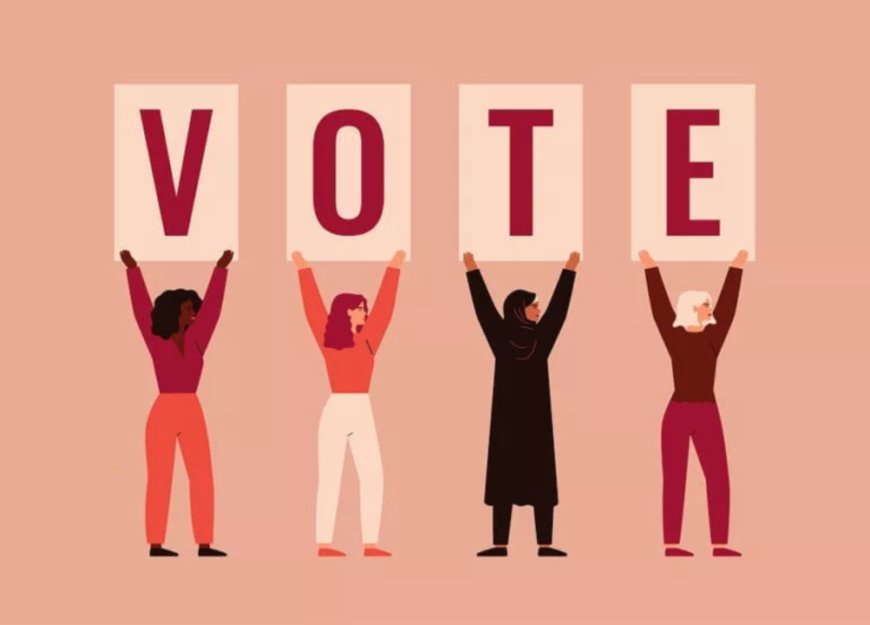Make the right to vote a basic human right
The constitutional reform body suggests.

The Constitutional Reform Commission has proposed that voting be recognized as a fundamental right, allowing citizens to seek legal remedies if their voting rights are violated. Commission members argue that this recognition would empower people to take legal action in court if they are unable to exercise their right to vote. The proposed change aims to eliminate elections where many people are disenfranchised, and to hold the Election Commission accountable for organizing free and fair elections.
In addition to voting, the commission suggests expanding the list of fundamental rights to include food, shelter, voting, and access to the internet. They also recommend merging parts of the constitution to create a new section on "fundamental rights and liberty."
Professor Ali Riaz, the commission's chief, emphasized that voting rights are essential and cannot be violated under any circumstances. He pointed out that in the last three elections, citizens' voting rights were infringed upon, with no legal recourse available because voting was not recognized as a fundamental right.
"If voting is recognized as a fundamental right, courts will have the authority to compel the relevant authorities to ensure its protection," he said. "Citizens will at least have legal recourse through the courts, and we hope the judiciary will function independently to uphold justice." He also noted that voting rights have been violated in Bangladesh throughout its history, particularly during periods of military rule.
Under Article 102 of the constitution, the High Court Division may issue directions or orders to enforce fundamental rights, including voting rights, if a person is aggrieved.
The January 2024 general election faced widespread criticism for lacking competitiveness and inclusivity, with Awami League leaders running as independents to create the appearance of competition. In the 2018 election, opposition parties accused the government of ballot stuffing, and Transparency International's study found that ballots were pre-stamped in many constituencies.
The 2014 election saw 153 out of 300 lawmakers elected unopposed after most opposition parties, including the BNP, boycotted the election. Election experts have also raised doubts about the legitimacy of elections held under military rule in 1979, 1986, and 1988, as well as the 1996 election, which had an abysmally low voter turnout of just 26.54% due to a boycott by major political parties, except the BNP.
Election expert Abdul Alim noted that countries like Germany, Canada, and South Africa recognize voting as a fundamental right. He argued that granting citizens the right to challenge violations in court would empower voters and force the Election Commission to ensure elections are free and fair.
Expanding Fundamental Rights
The commission's report, submitted on January 15, also proposes that the rights to food, education, healthcare, housing, and internet access be considered fundamental rights. Professor Riaz stressed the importance of internet access in today's world, highlighting the frequent internet blackouts and efforts to restrict citizens' access to information. Recognizing the right to information would foster greater accountability, as people would be better informed to question the government.
Regarding the progressive realization of fundamental rights like education, health, food, and housing, the commission acknowledged that such rights must be implemented based on available resources. Reflecting on the 1972 constitution, which initially aimed to make education and healthcare mandatory, Riaz explained that while the government at the time argued there were insufficient resources, the country has since developed to a level where such rights should be progressively fulfilled.
"The wealth looted from our country could have been used to build hospitals and educational institutions," he added. "That's why we recommend a progressive approach, to implement these rights as resources permit."
What's Your Reaction?





















































































